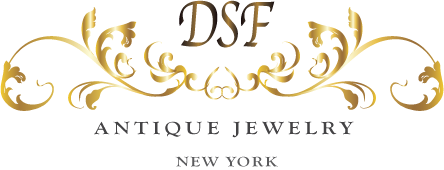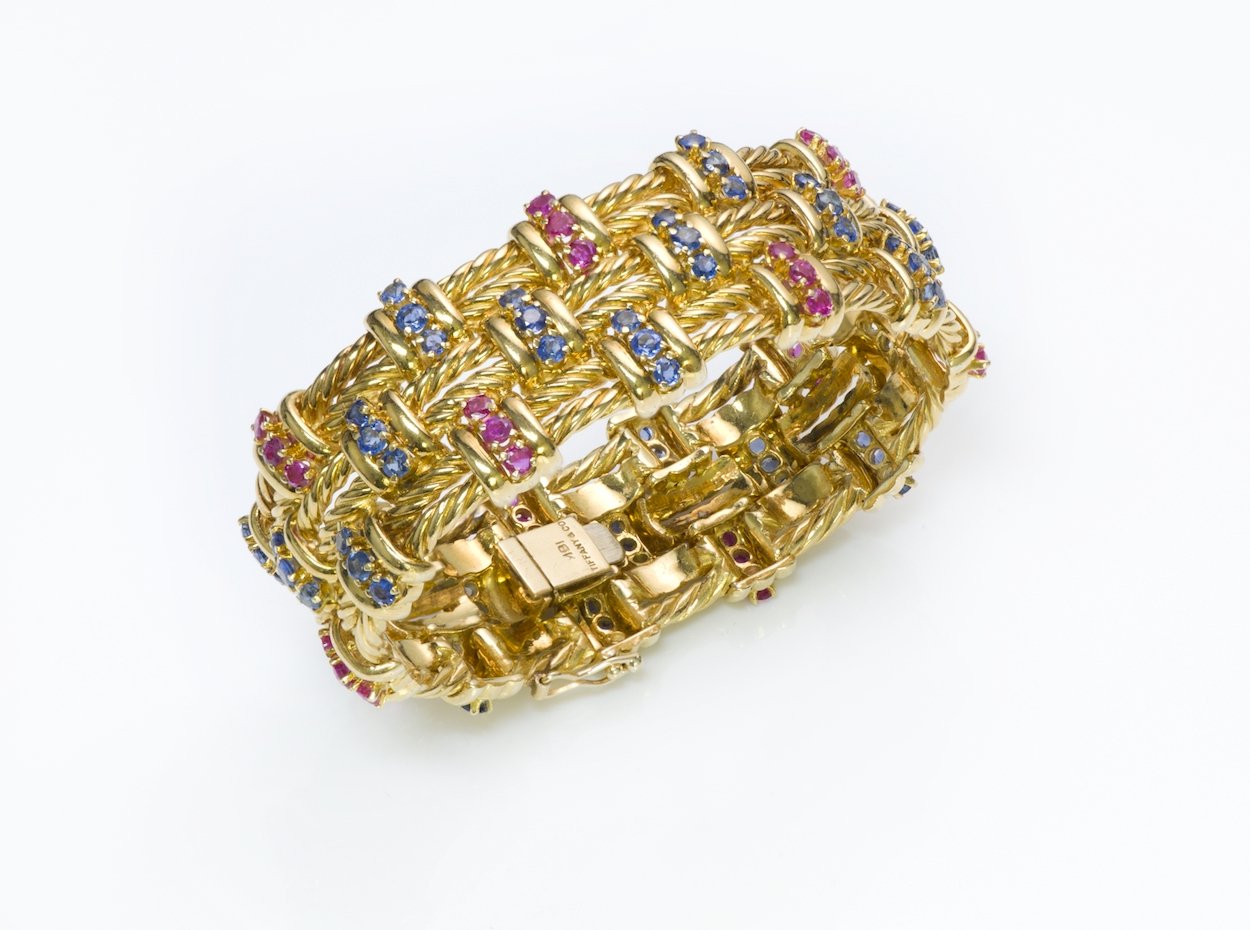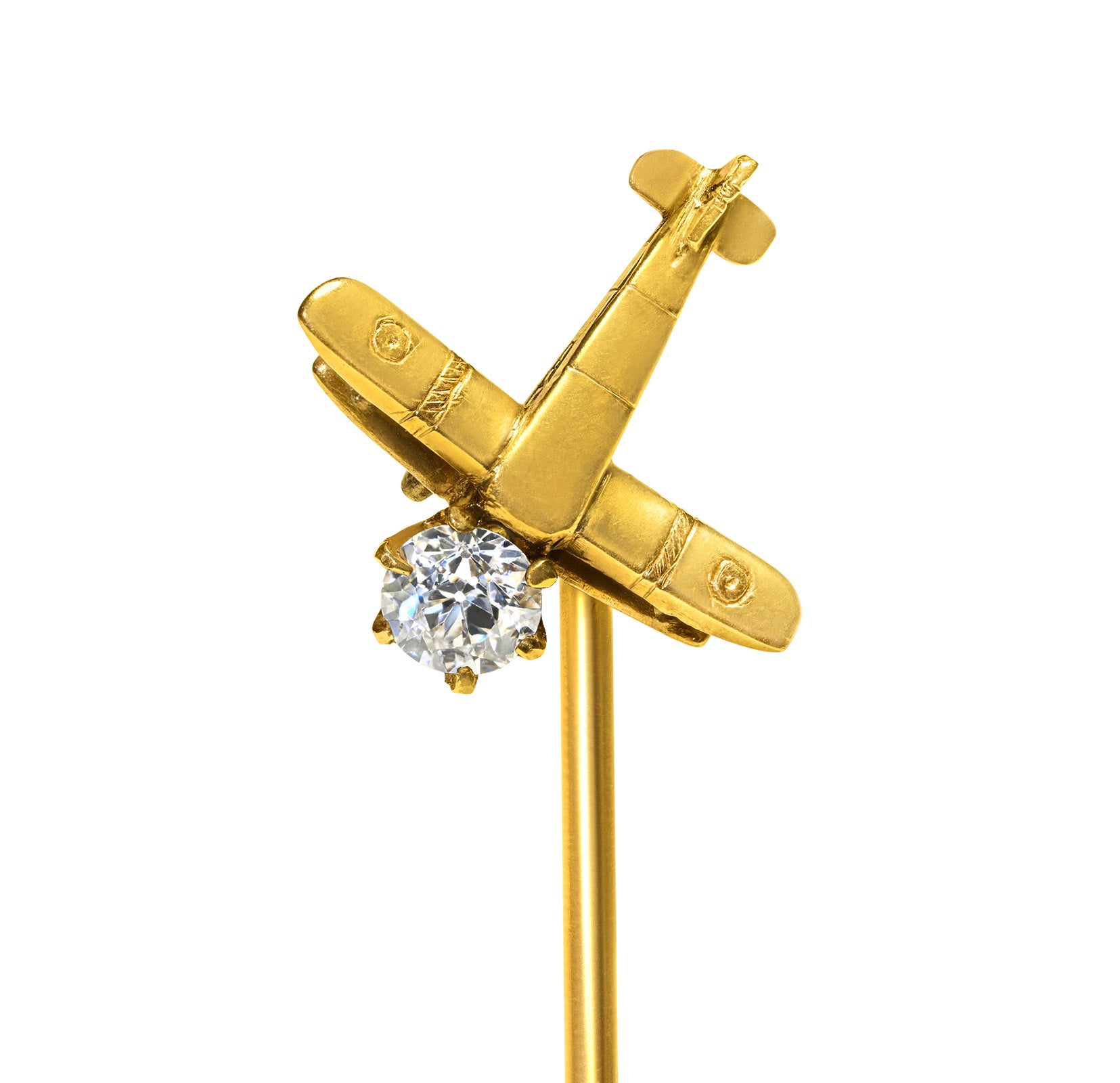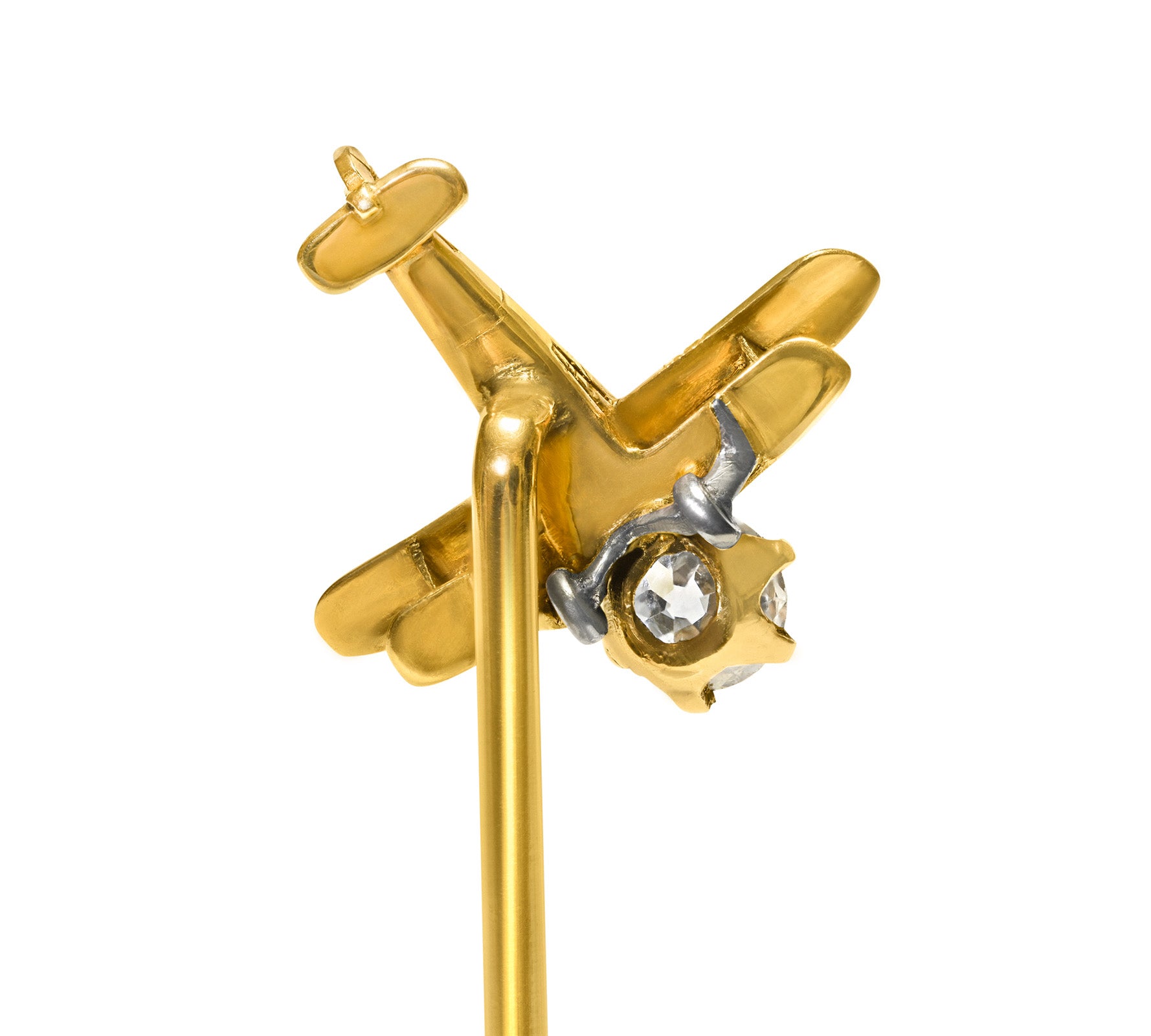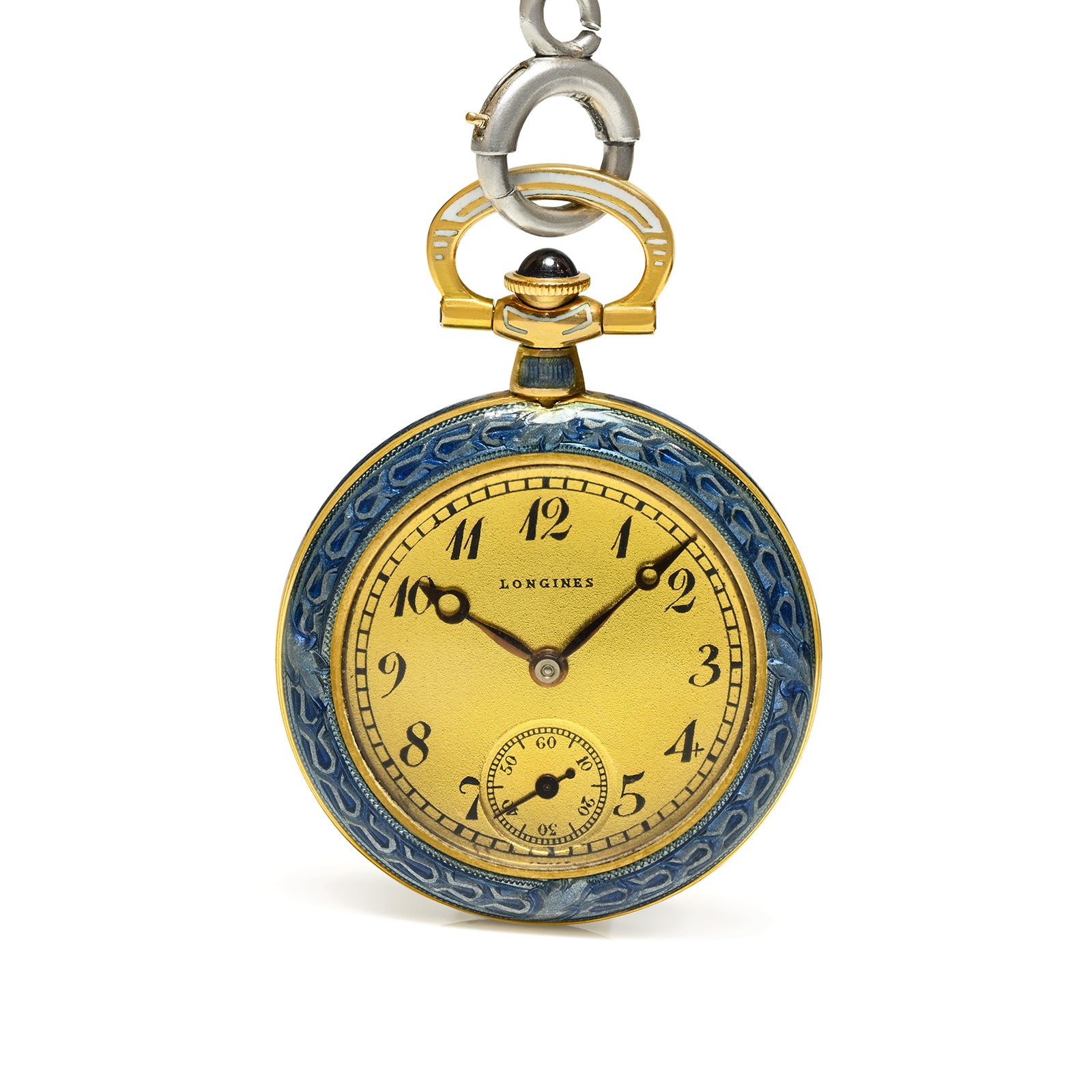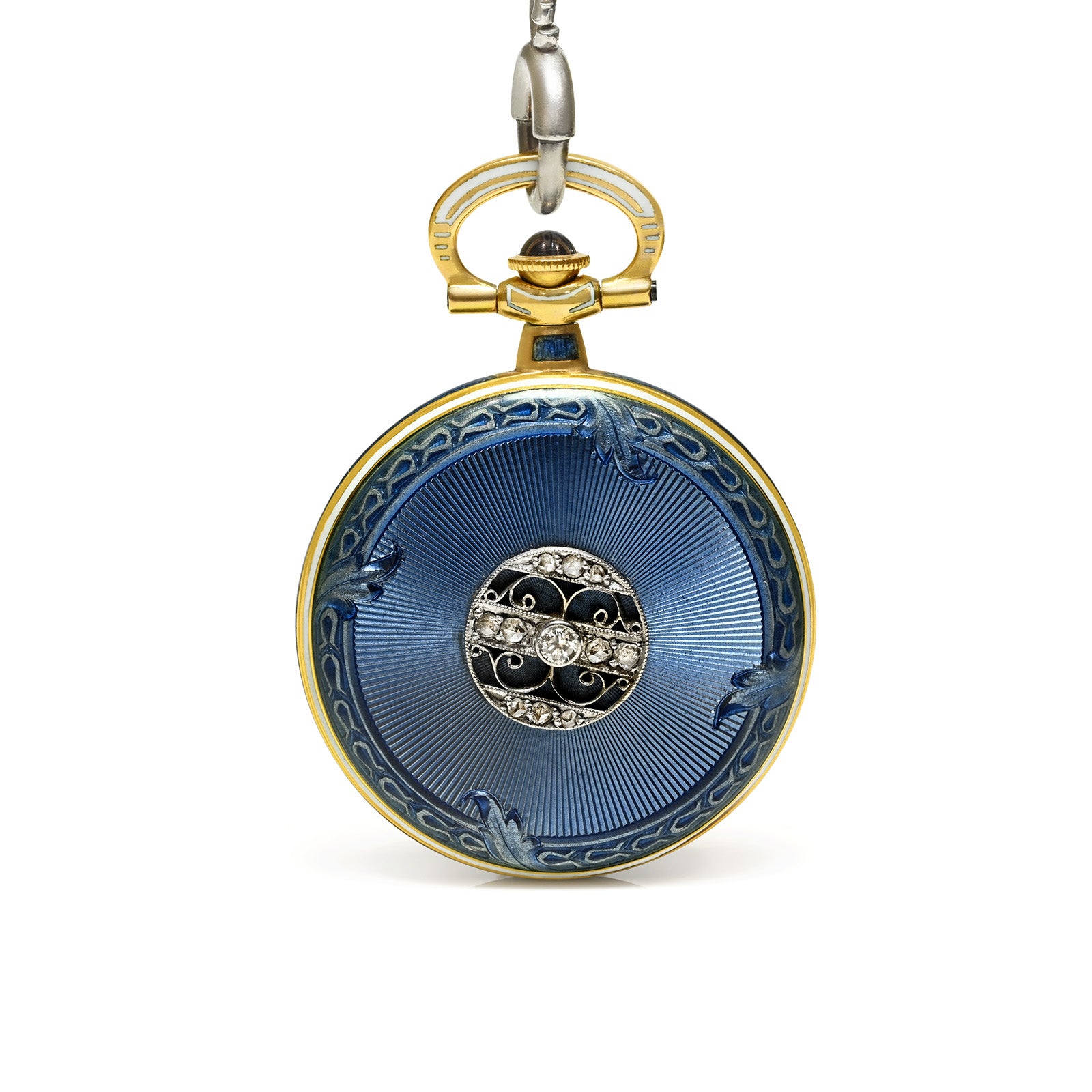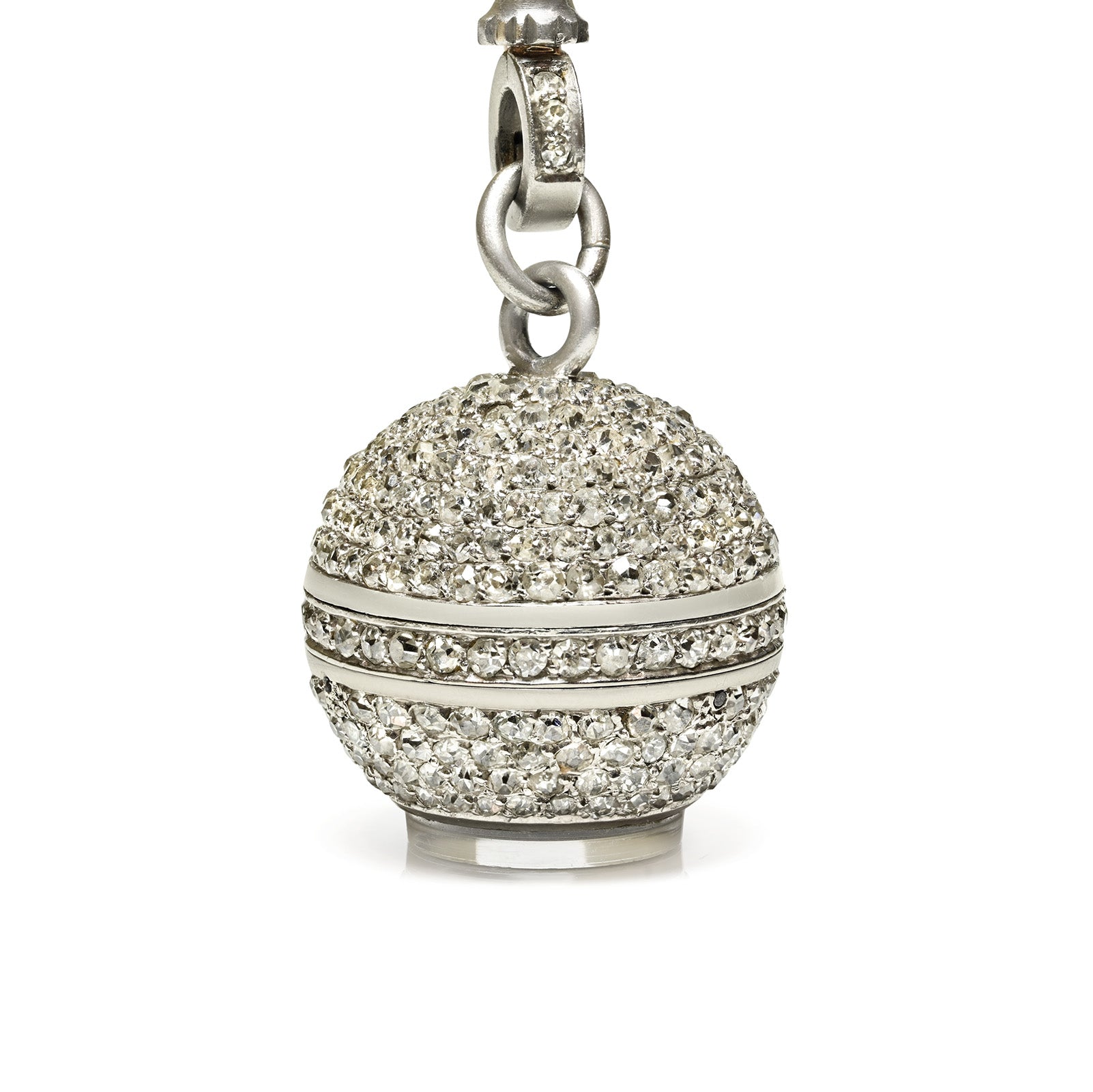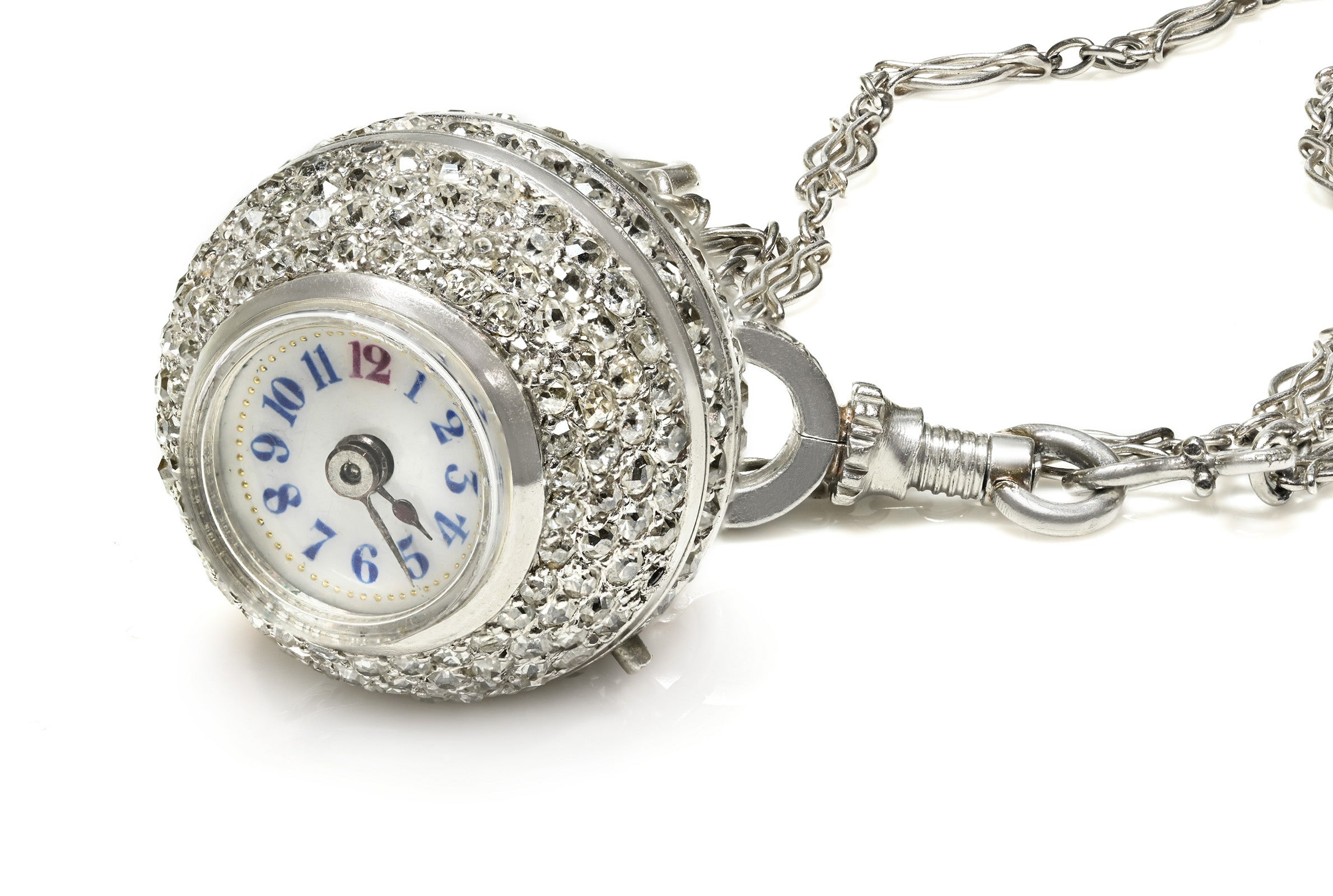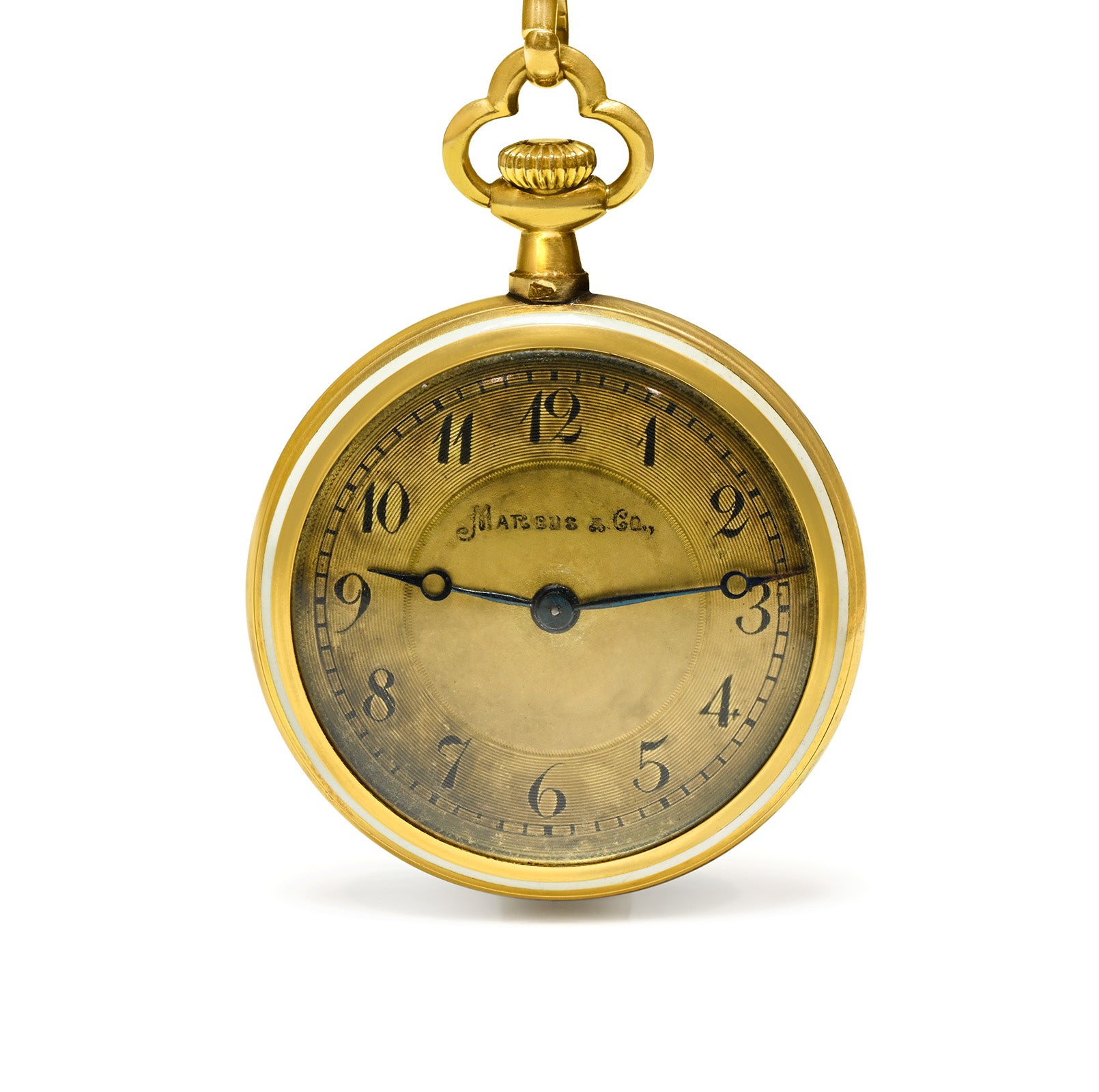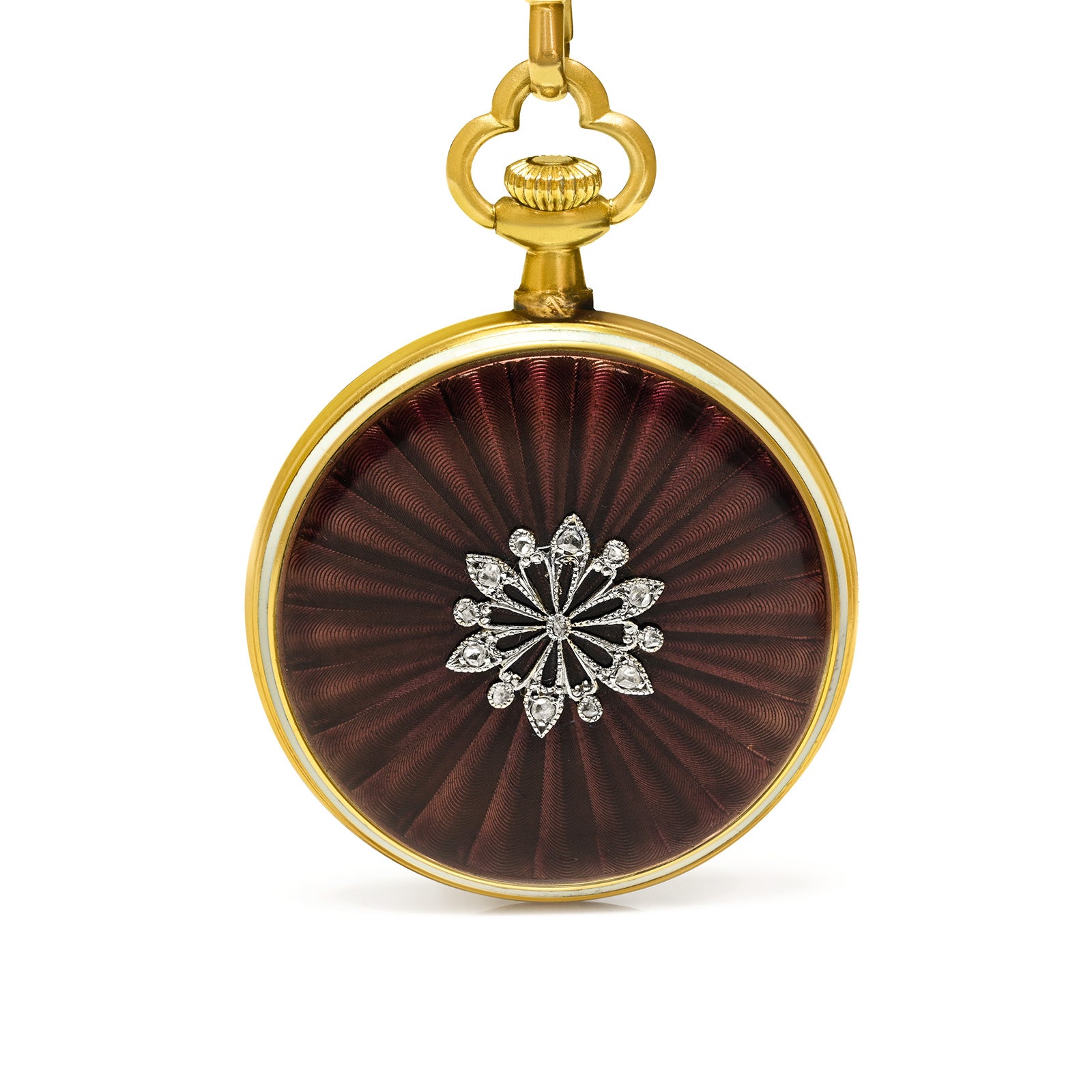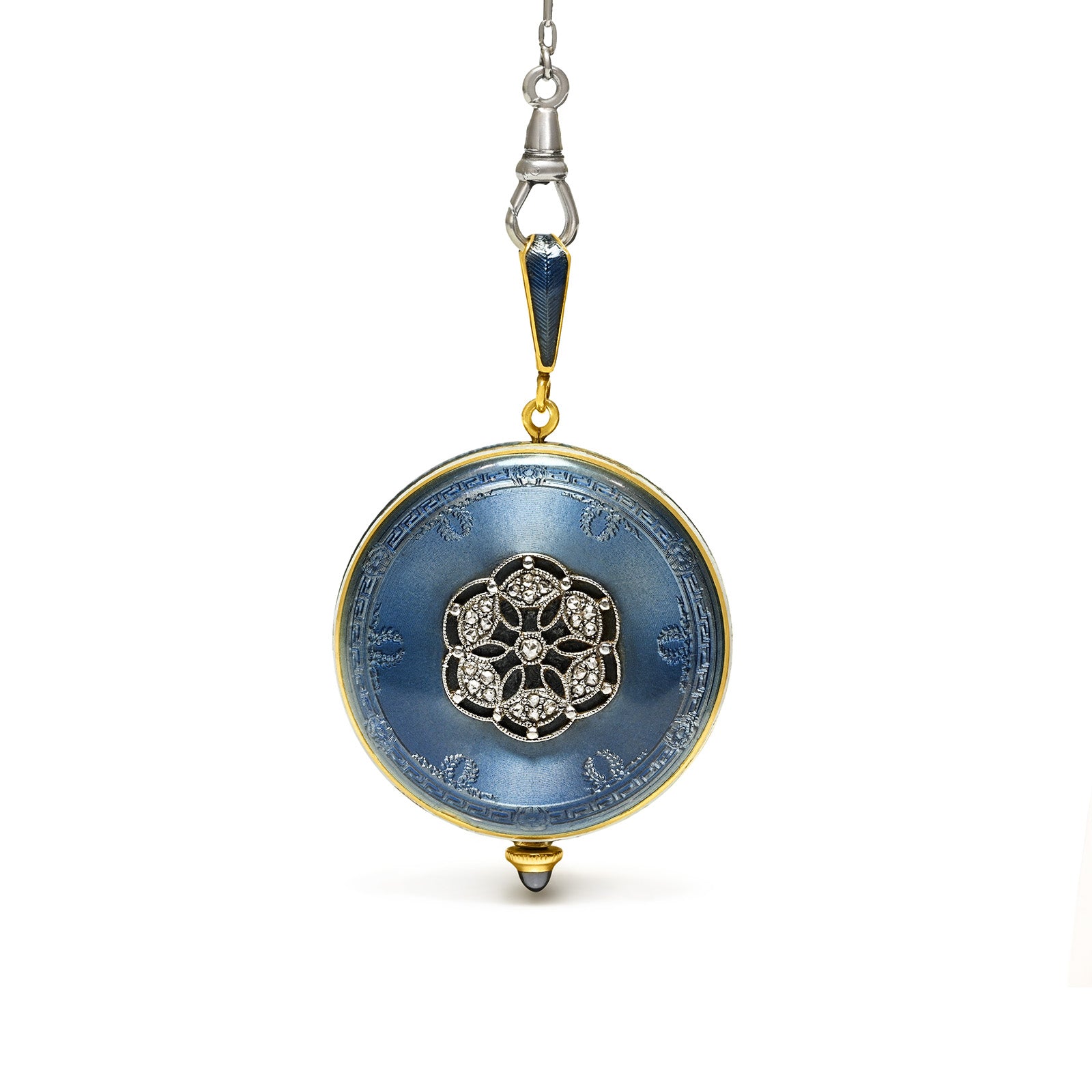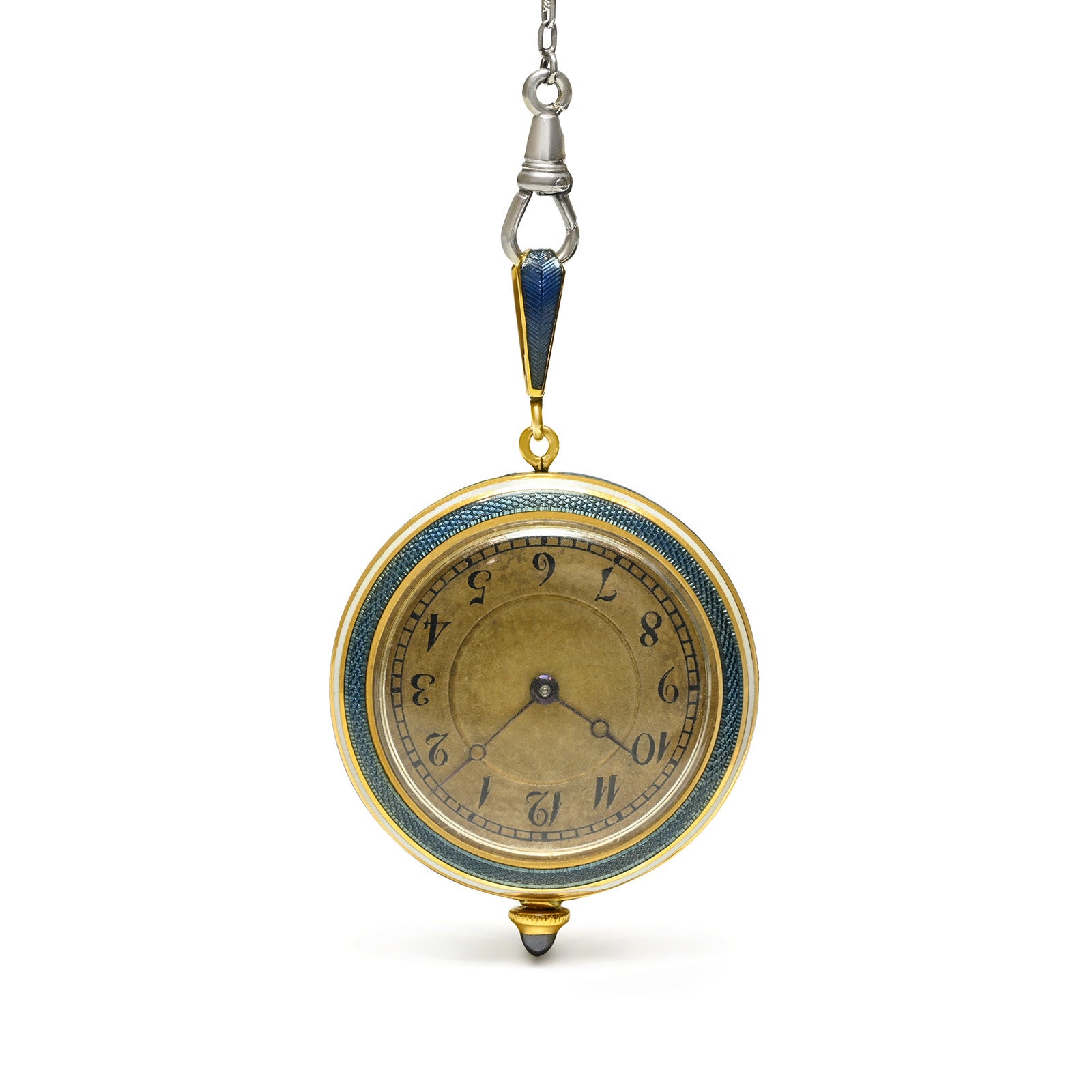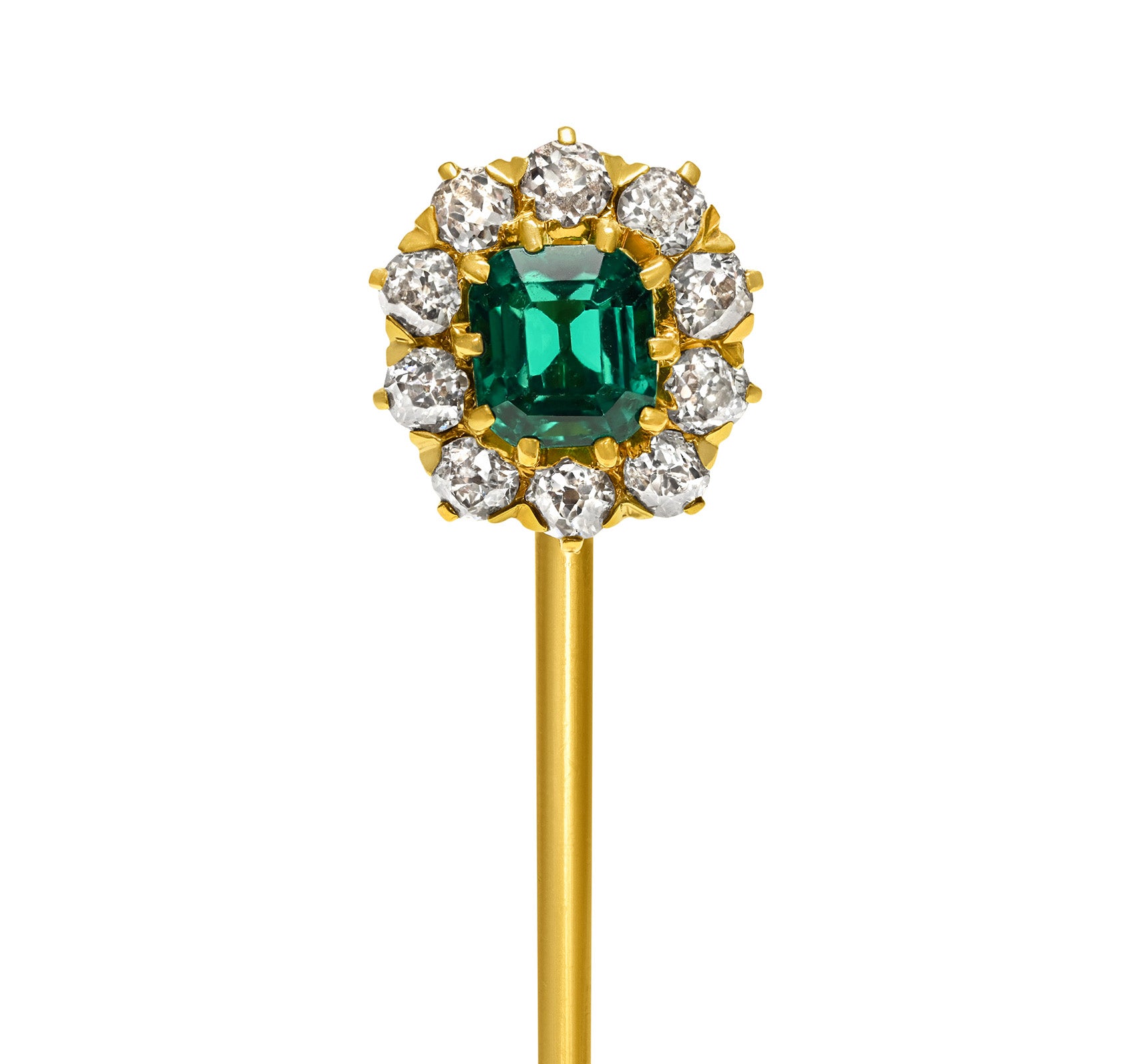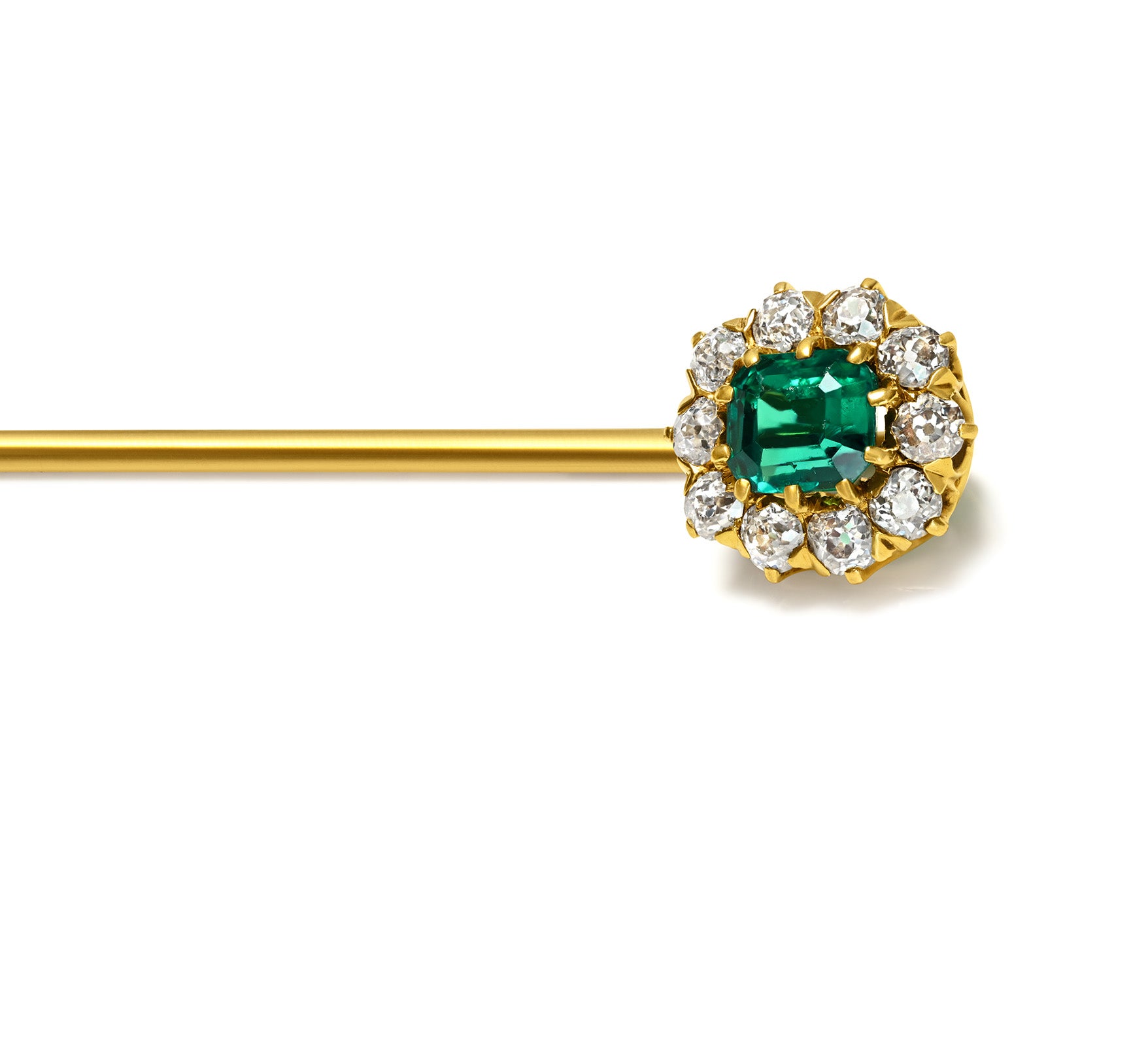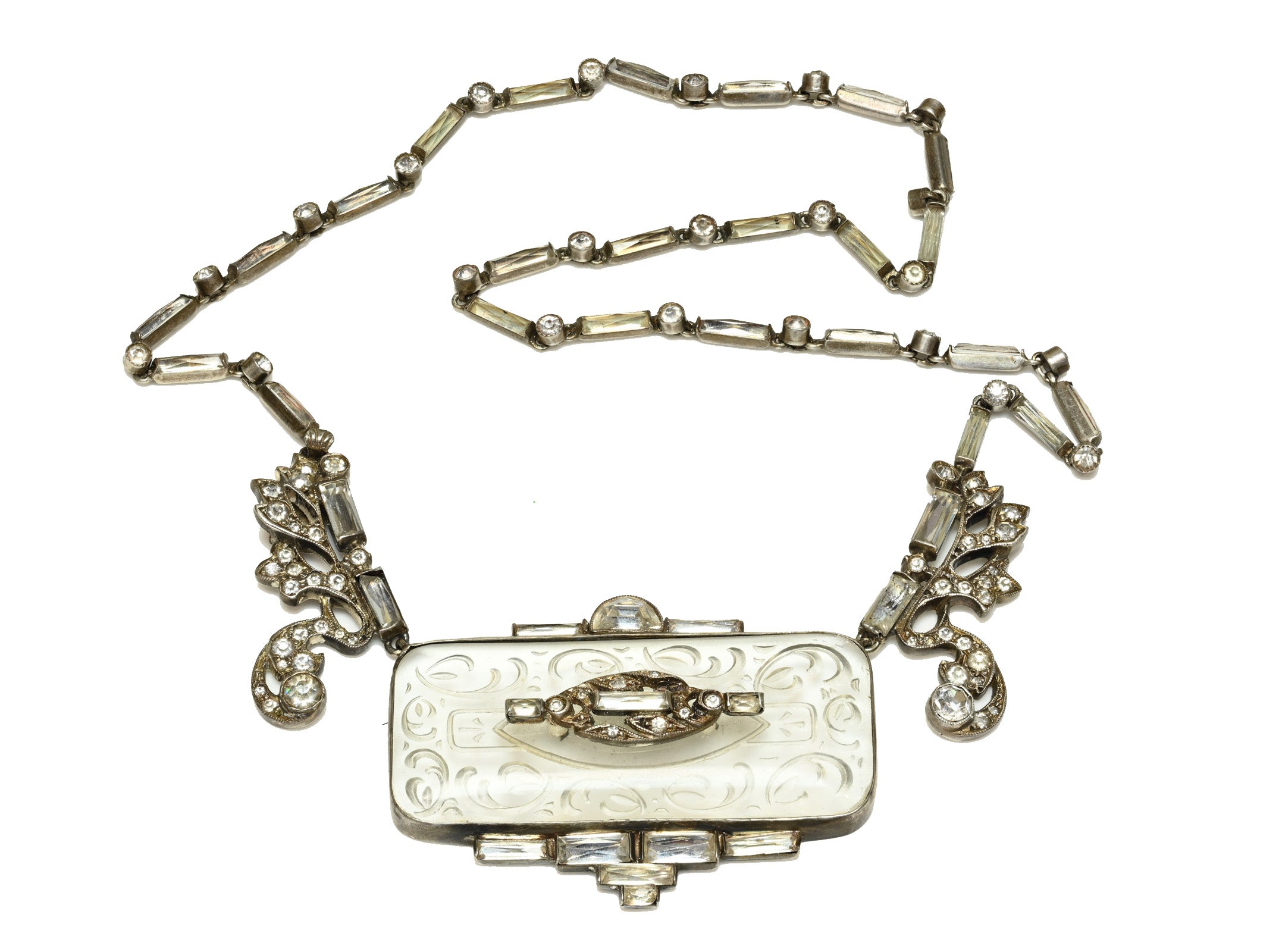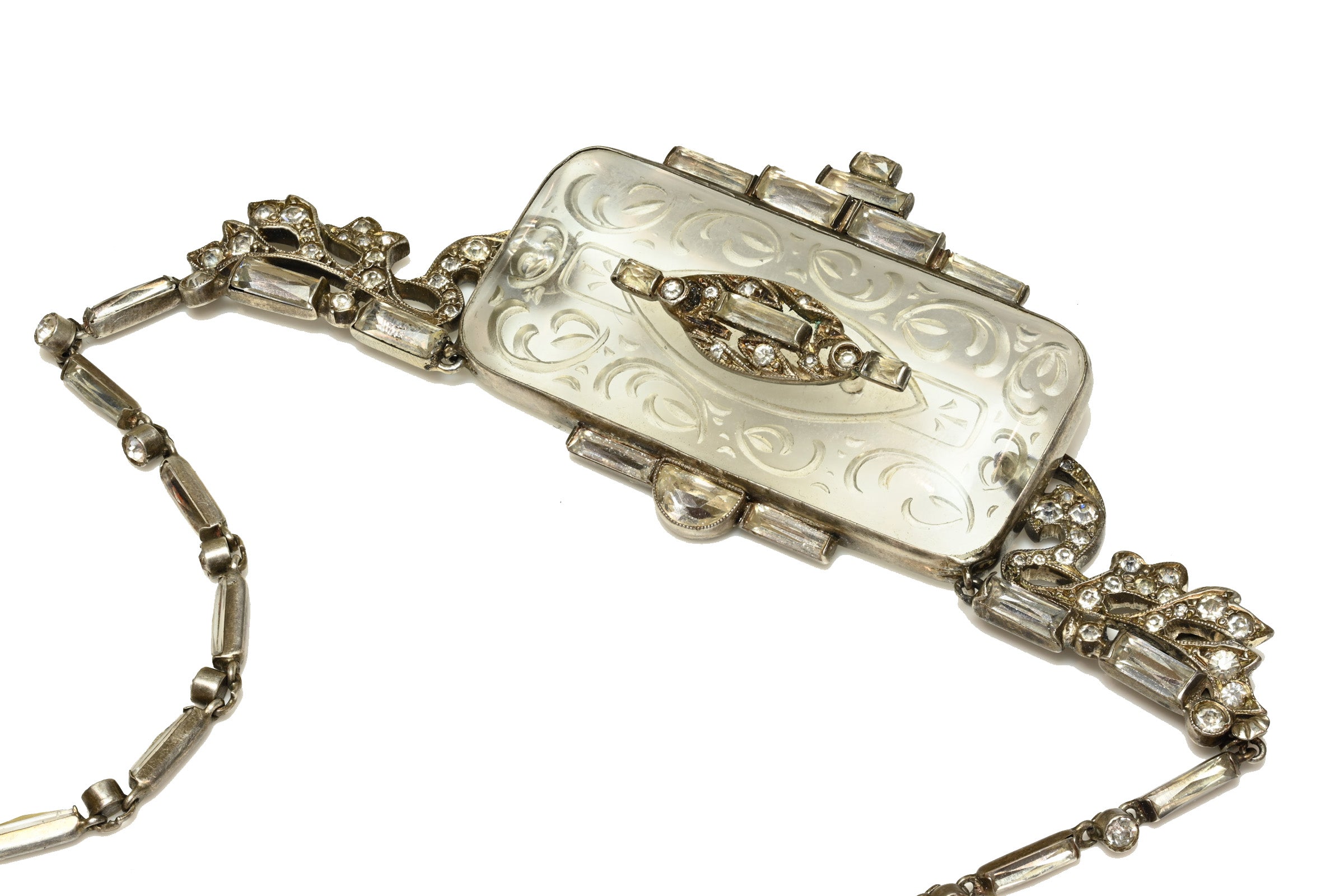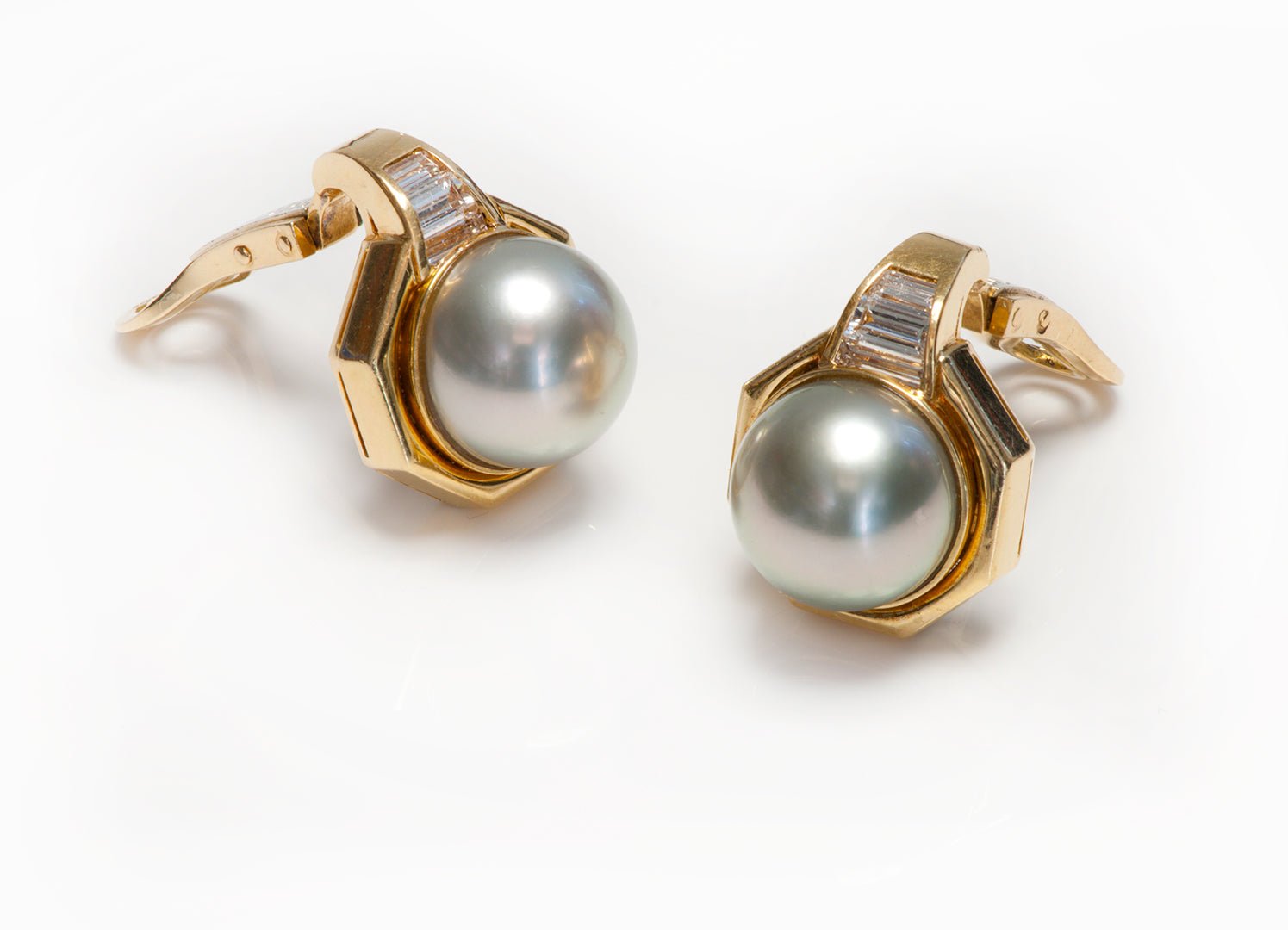
Top 10 Tips for Buying Estate Jewelry
What is Estate Jewelry?
Estate jewelry refers to any piece of jewelry that has been previously owned. It can include a wide range of items such as rings, necklaces, bracelets, and earrings. These pieces often have a unique history and character that sets them apart from new jewelry.
Why Buy Estate Jewelry?
There are several reasons why buying estate jewelry can be a great choice:
- Unique Designs: Estate jewelry often features one-of-a-kind designs that are no longer produced.
- Quality Craftsmanship: Older pieces of jewelry were often made by skilled artisans using high-quality materials.
- Value for Money: Estate jewelry can offer excellent value compared to buying new pieces.
- Historical Significance: Some estate jewelry pieces have historical or cultural significance, adding to their allure.
Top 10 Tips for Buying Estate Jewelry
1. Research and Educate Yourself
Before diving into the world of estate jewelry, take the time to educate yourself. Learn about different eras, styles, and materials used in jewelry making. This knowledge will help you make informed decisions and avoid common pitfalls.
2. Buy from Reputable Sellers
When purchasing estate jewelry, it's crucial to buy from reputable sellers. Look for established jewelers or antique dealers who specialize in estate pieces. They can provide authenticity guarantees and valuable insights into the history of the jewelry.
3. Examine the Condition
Inspect the condition of the jewelry carefully. Look for signs of wear, damage, or missing stones. While some wear is expected in estate pieces, excessive damage may affect the value and wearability of the jewelry.
4. Verify Authenticity
Authenticity is essential when buying estate jewelry. Look for hallmarks, stamps, or signatures that indicate the origin and maker of the piece. If in doubt, consult with an expert or get a professional appraisal.
5. Consider the Materials
Pay attention to the materials used in the jewelry. Precious metals like gold and silver hold their value well, while certain gemstones may be more valuable than others. Research the market value of different materials to ensure you're getting a fair deal.
6. Try it On
Whenever possible, try the jewelry on before making a purchase. Estate pieces can have unique sizes and proportions that may not suit everyone. Trying it on allows you to assess how the piece looks and feels on your body.
7. Ask About the History
Don't be afraid to ask about the history of the jewelry. Inquire about its previous owners, any notable events associated with it, or any documentation that accompanies the piece. This information adds to the story and value of the jewelry.
8. Get a Professional Appraisal
If you're considering a high-value estate piece, it's wise to get a professional appraisal. An expert can assess the quality, condition, and value of the jewelry, ensuring you're making an informed investment.
9. Consider Maintenance and Repairs
Keep in mind that estate jewelry may require maintenance or repairs. Factor in the cost of any necessary work when evaluating the overall value of the piece. Consult with a jeweler to get an estimate of potential repair costs.
10. Trust Your Instincts
Finally, trust your instincts when buying estate jewelry. If a piece speaks to you and you can envision yourself wearing it, it may be the perfect choice. Remember, estate jewelry is not just an investment but also a personal expression of style and taste.
By following these top 10 tips, you'll be well-equipped to navigate the world of estate jewelry and find unique, valuable pieces that will be cherished for years to come.
